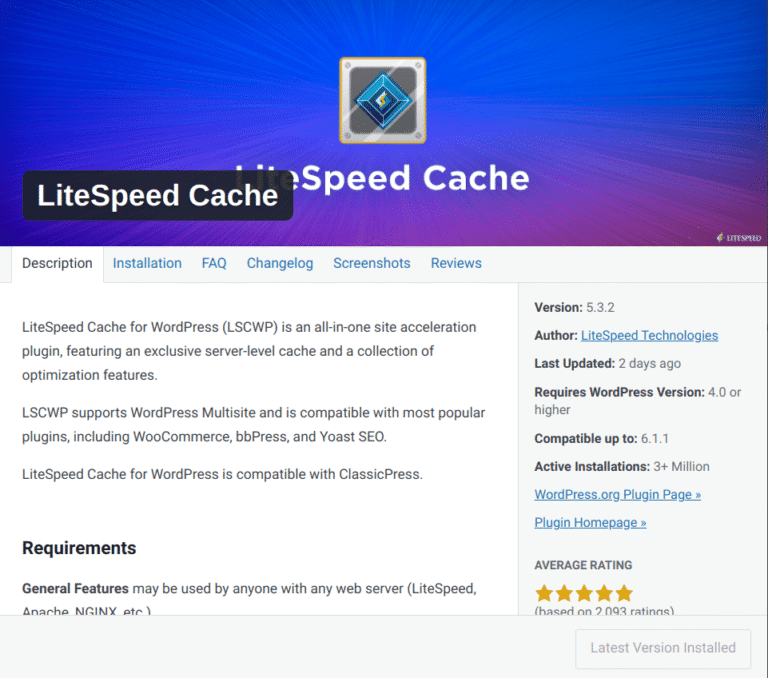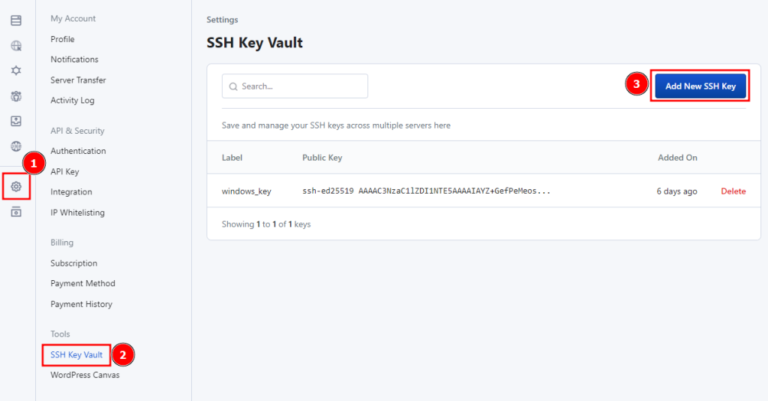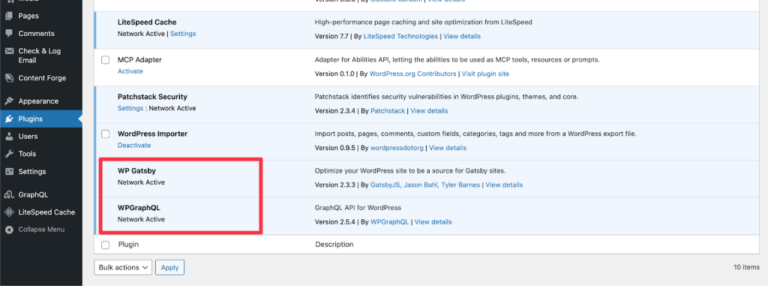
-
Having to open up an account to place an order
Contents
- 1 Having to open up an account to place an order
- 2 Hidden contact information
- 3 Poor picture quality
- 4 Just a single image
- 5 Not enough payment options
- 6 Not enough product information
- 7 Not compatible with mobile phones
- 8 Inadequate customer service
- 9 Difficult shopping cart design
- 10 Leaving out shipping costs
- 11 Conclusion
Many customers spend hours browsing through all the products on a website, and when they finally added things to their cart and prepare to check out, they’re met with an alert that asks them to sign up before proceeding with the purchase. Here, business owners have to consider one important thing – is collecting customer information more valuable than the current purchase?
The best way to navigate this is to allow the customer to complete their purchase first. After the order has been placed, follow up on the same page, asking them if they’d like their contact information saved for future purchases.
-
Hidden contact information
If a customer is facing issues when they’re trying to check out or add their payment details, they are most likely going to look for contact information on the site. If your website doesn’t contain the required information, they’re going to treat the situation as a red flag and click off your site.
To handle this, it is incredibly necessary to add the link to your contact page on a prominent part of the website. Include email and phone information, as well as social media handles, to ensure complete authenticity.
-
Poor picture quality
The disadvantage of shopping online is not being able to touch and feel the product for yourself. In addition to that, if websites only include small and bad quality photos for the product, customers will not be interested in the purchase.
Be sure to include images of products that can be viewed clearly when expanded on an average size monitor. The images should expand to 1024×768 pixels to look clear and professional.
-
Just a single image
Right on track with the previous issue is yet another mistake of adding just a single image. Customers like to know how their products look from different angles, which allows them to understand their appearance and features better. Adding just one image can definitely prompt them to move on to better options.
Be sure to add at least five images of the product, all from different angles. The website design should also allow customers to zoom in on the images to get a clearer view.
-
Not enough payment options
Websites often make the mistake of offering only Visa or MasterCard as the payment options. Not everybody would have a credit card, and they may prefer to pay using a PayPal account or even cash on delivery. Limited options would leave the customer with no other choice than to click out of your site.
The solution to this problem is to add a wide variety of payment options. Doing so will allow you to cater to a wider audience, and customers would love to come back for more purchases given the convenience of the choices.
-
Not enough product information
An obvious disadvantage that comes with online shopping is that customers will not be able to feel the product or check out how it looks and works. So, it becomes the job of e-commerce websites to compensate for the drawback by giving enough information about the product. Customers are more likely to move on to a competitor’s website for more information if your website doesn’t provide them with the same.
The key here is to load up on the product information as much as you can. Be sure to include the size, material, dimensions, weight, color, and any other relevant information for the product. If it’s clothes, you can include more details about the fit and stretch of the material, or if it’s an electronic gadget, you can add even the basic build features that make the product stand out. Customers are sure to appreciate the extra information and will most likely buy your product.
-
Not compatible with mobile phones
One of the most commonly overlooked mistakes in e-commerce design is mobile-friendliness. Businesses go above and beyond to design a beautiful website, but don’t get enough traction because they don’t realize that the site isn’t compatible with mobile phones. Many customers claim that they would not hesitate to leave a website with zero mobile-friendliness, even if they liked the products on offer.
Considering how a majority of the world uses their mobile phones to shop online, a website needs to be appropriately optimized for mobile use. Identify the best ways to create a mobile-friendly site, and once you do, you can watch the customers pour in.
-
Inadequate customer service
Similar to the point that requires websites to provide sufficient contact information, customer service is also a significant part of ensuring a successful e-commerce business. Online stores without enough information on how customers can clarify a sales question or a payment question often don’t fare as well as their counterparts.
Be sure to add an FAQ option that allows customers to get answers to returns and exchange policies and other common queries on damaged products or replacements. Segregate the customer service page to include different links for different types of queries, so that the customer finds your website easy to navigate.
-
Difficult shopping cart design
Customers often make last-minute decisions when they reach their shopping cart. They may want to add or remove a product or change the color or size. When the website makes it more difficult for the customer to revise their order, they might lose out on the whole purchase altogether.
Use the right design techniques to let the user add an item and still be able to return to the last page they were on. You could also include a mini cart, which allows customers to add an item to the cart without leaving the page they’re browsing.
-
Leaving out shipping costs
Many websites make the mistake of not including correct shipping rates and the customer’s order. Customers prefer to complete all of their shopping at once, without having to wait for a shipping estimate to be emailed to them before they place their order.
Include plugins or widgets on your shopping cart design to allow customers to calculate shipping charges on their purchase. An alternate option would be to use a flat shipping rate that can cover a majority of orders.
Conclusion
Be sure to look out for any of these common mistakes and rectify them as soon as possible. Customers appreciate ease-of-use and good website design much more than businesses may choose to believe. Making use of good design can definitely keep the customers coming back for more.






![How to Fix WordPress Revisions Not Showing [SOLVED]](https://linuxpunx.com/wp-content/uploads/2025/01/how-to-fix-wordpress-revisions-not-showing-solved.png)